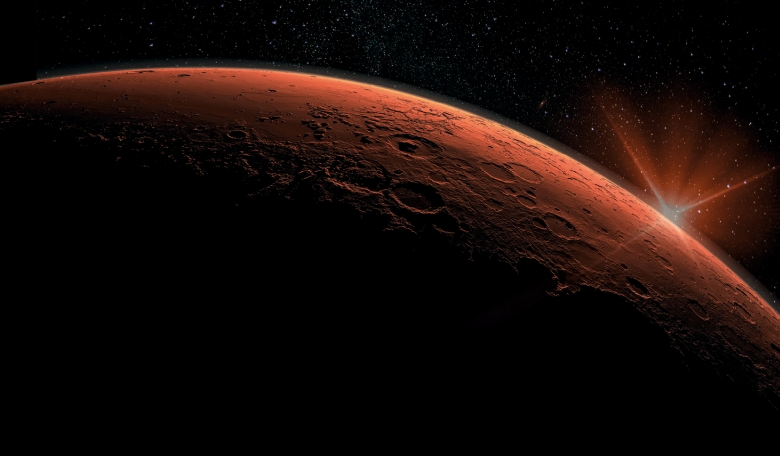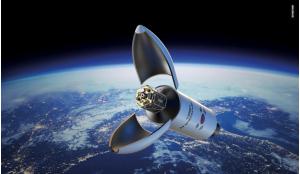Although the technical details of trade relations are a mystery to most people, everyone recognises the need for regulation of trading mechanisms here on Earth. But what do we do when it comes to trade between Earth and Mars? In common with trade agreements between different countries across the world it is not going to be an easy or straightforward task. In this article, customs consultant Kenan Guler highlights some of the issues that will need to be discussed and agreed for successful interplanetary trade of the future.
What comes to mind when you think about foreign trade? In commercial terms, is it exporting products from Antalya to Istanbul, or from Antalya to Moscow? Or, with a global approach, is it import-export movements between ‘sovereigns’ or nation states? Or, conceptually, is it a system in which border regulations are in place; World Trade Organization rules and national legislations are applied; trade is carried out with binding forms of payment, transport and delivery; and customs procedures are regulated through institutions such as the World Customs Organization? It should be all of them, because as ‘world individuals’ we are carrying out today’s foreign trade in a globally recognised system.
But how will this extend to Mars? Technology entrepreneur Elon Musk explains, in his published commentary, Making Humanity a Multi-Planetary Species, that he wants to place more than a million people on Mars. He considers the kind of technology required to turn this dream into reality, how to build a city on Mars and he even includes a timeline for the effort. When Musk learns how to transport people to Mars efficiently and consistently, he thinks that the colony will need a million people for a self-governing city. He says that 1000 ships carrying 100 people each will be required and that the process of colonising Mars will take some 40 to 100 years from the launch of the first ship, currently planned for 2023. Eventually, he expects that Mars will be settled by a population living and surviving in thousands of colonies.














